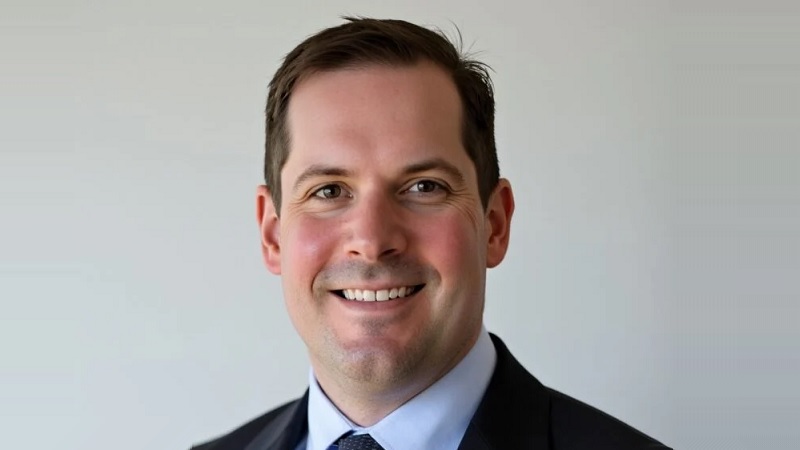Emerson Health COO Advocates for Workforce Strategy Overhaul in Healthcare

Summary
Full Article
In a recent discussion, Eric Stastny, Chief Operating Officer of Emerson Health, highlighted the critical need for healthcare systems to rethink their workforce strategies in response to the evolving expectations of healthcare professionals, particularly those from Generation Z. With 77% of Gen Z professionals prioritizing work-life balance, stress management, and healthy lifestyles, traditional healthcare workforce models are increasingly at odds with the desires of the workforce. This misalignment has led to significant turnover, with one in five healthcare workers leaving their organizations between 2022 and 2023, underscoring the urgency for change.
Stastny emphasized that flexibility in healthcare does not necessarily mean remote work for all but involves creative solutions like self-scheduling tools for nurses and rethinking compensation and benefits to better support staff needs. Emerson Health is exploring these innovative approaches to provide more adaptability without compromising patient care. The goal is to move beyond outdated models and embrace solutions that meet the needs of today's healthcare professionals.
Technology, including AI, plays a pivotal role in Emerson Health's strategy, not as a replacement for human workers but as a support system to reduce administrative burdens and free up time for patient care. Deloitte estimates that such technologies can cut administrative workload by 50% for some staff and save 20% of nurses' time, offering a tangible solution to burnout. Additionally, new roles like virtual imaging technicians are emerging, showcasing how technology can enhance the human aspect of healthcare.
Addressing mental health and well-being is another cornerstone of Emerson Health's approach. Beyond traditional employee assistance programs, the organization has implemented virtual counseling, peer support networks, and mindfulness rooms. These initiatives have proven effective, with organizations offering comprehensive mental health supports seeing a 5.5% increase in retention among users, according to Modern Health.
Stastny argues that the cost of maintaining the status quo is too high, with high turnover, recruitment costs, and a reliance on temporary staff signaling the breakdown of old models. Healthcare systems are now competing with other industries that offer more flexibility, better technology, and professional development opportunities. Emerson Health's efforts to rethink workforce strategy represent not a compromise on care but an evolution in how care is delivered, recognizing that the well-being of caregivers is foundational to patient care.

This story is based on an article that was registered on the blockchain. The original source content used for this article is located at citybiz
Article Control ID: 112528